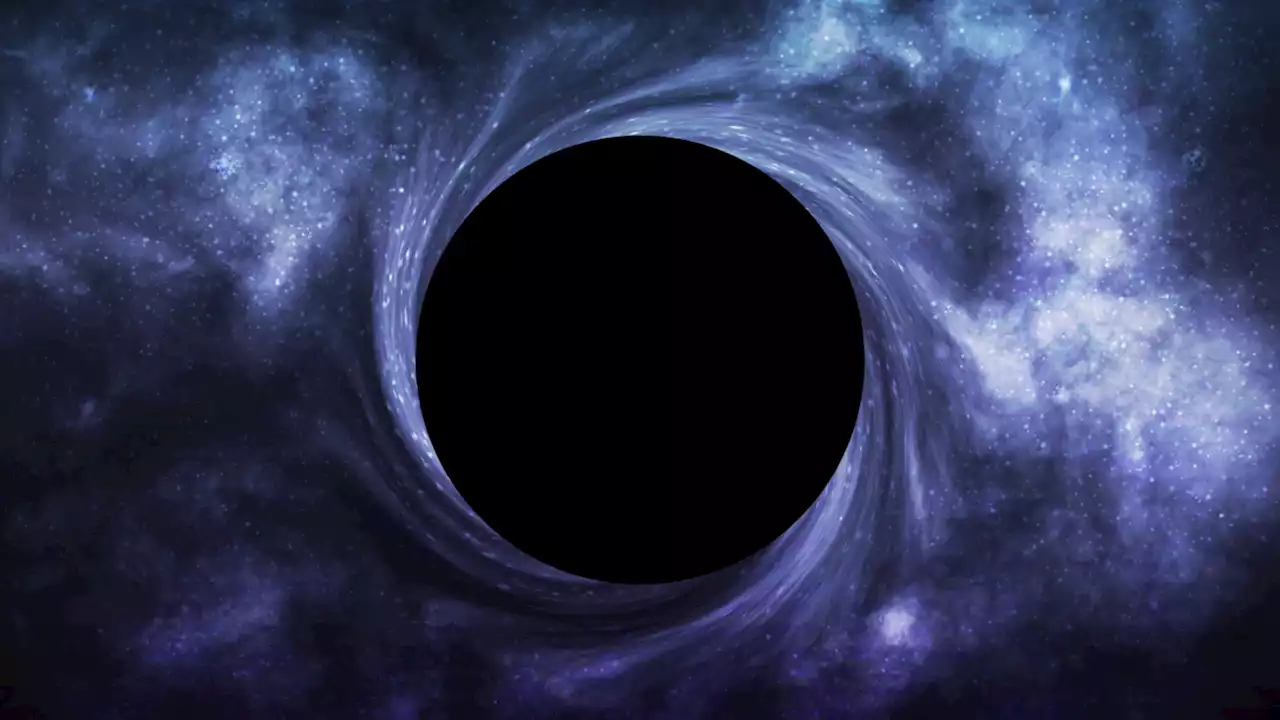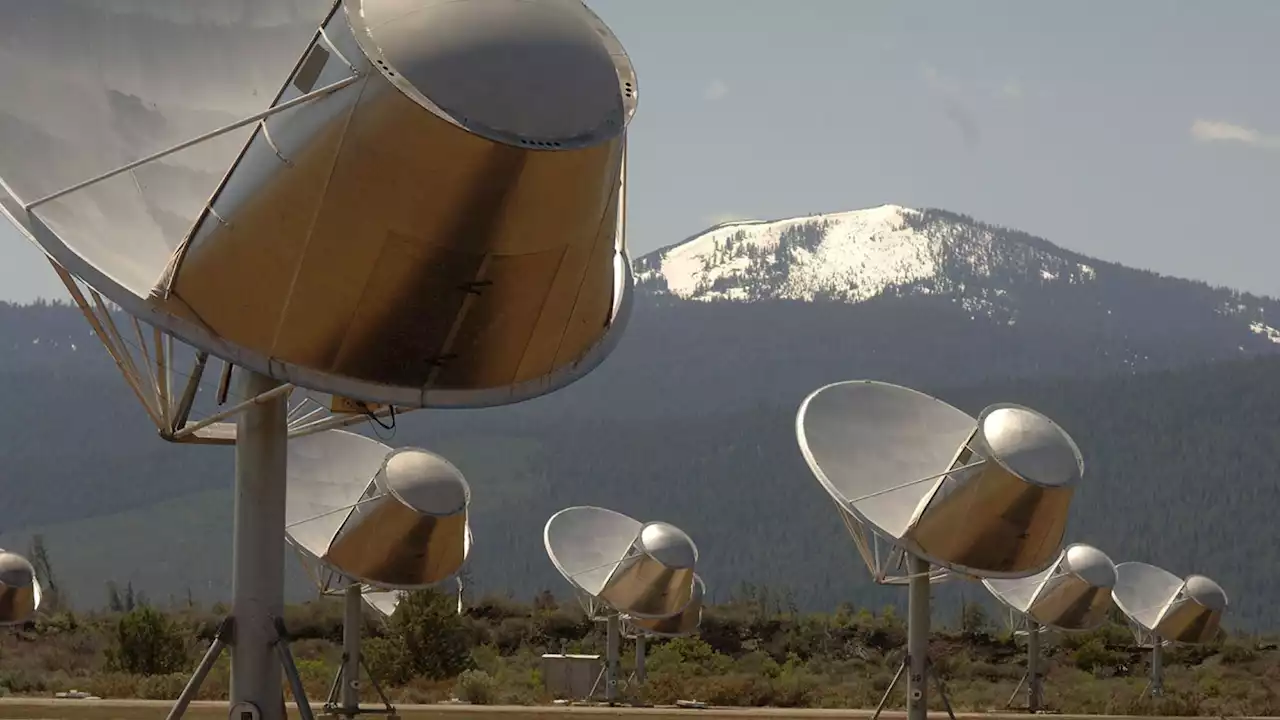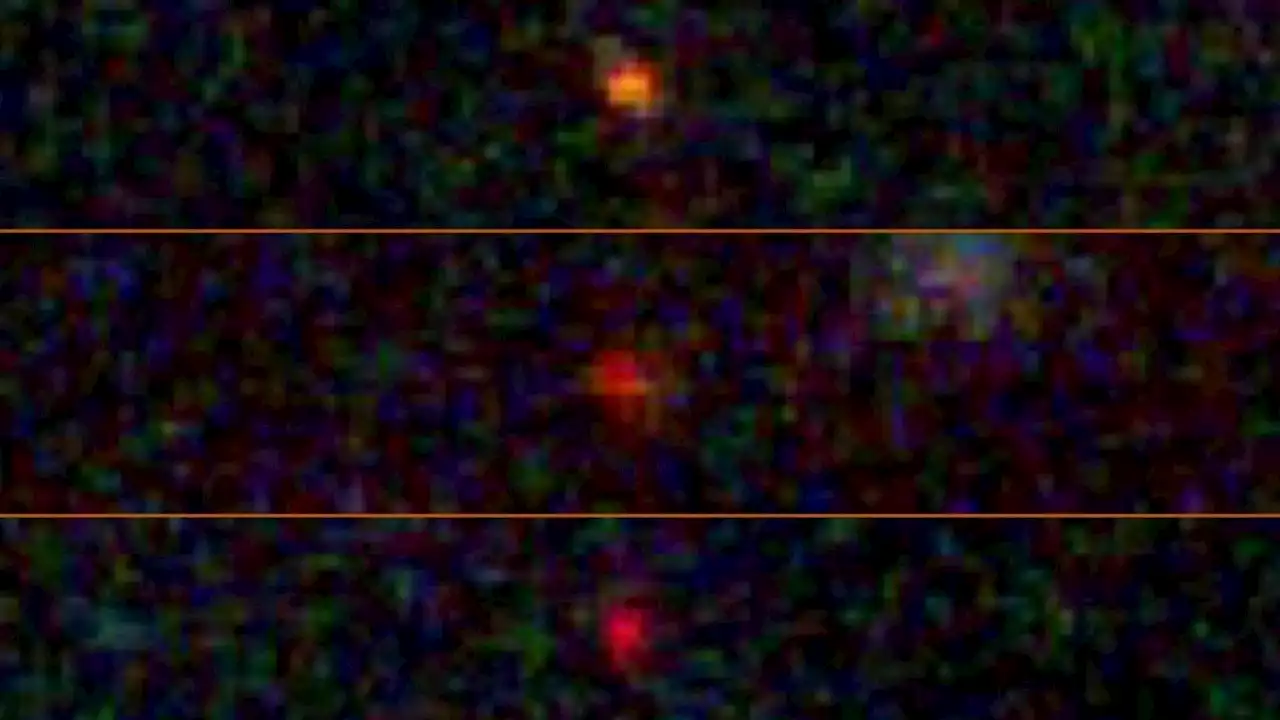Have you ever considered how your thoughts might look different to other people’s? Scientists are finally getting to grips with the nature of thought and how our different mindscapes might affect our experience of reality.
, the phenomenon where people have no mind’s eye. But there is more to inner experience than that. What about sensations and emotions and abstract ideas? How do these all mesh together to create thoughts? Why do certain things pop into our minds? And what makes someone prone to ruminations or anxiety?
To find out more, I turned to scientists who study the mind. I discovered that we are finally getting to grips with the different ways people think – allowing us to identify whether we think the same way as other people… or not. Philosophers have mulled over the nature of thought since at least the time of Aristotle. A century ago, it was also a popular subject for psychologists. “But it got kicked out the door by behaviourists,” says psychologistat Durham University, UK. “They claimed that it’s impossible to be scientific about the subjective nature of experience.” So, with the rise of neuroscience, psychology focused its efforts on objective, measurable phenomena. Thought became sidelined.
Argentina Últimas Noticias, Argentina Titulares
Similar News:También puedes leer noticias similares a ésta que hemos recopilado de otras fuentes de noticias.
 Scientists simulate environment of enigmatic black holes in a hi-tech labThe black hole conditions are being stimulated with the help of a tiny vortex produced inside a bell jar of superfluid helium.
Scientists simulate environment of enigmatic black holes in a hi-tech labThe black hole conditions are being stimulated with the help of a tiny vortex produced inside a bell jar of superfluid helium.
Leer más »
 How scientists decide if they've actually found signals of alien lifeYou'll need to rule out human noise or other Earth-bound sources, which is to say eliminating the ‘confounders.' A control sample helps, too.
How scientists decide if they've actually found signals of alien lifeYou'll need to rule out human noise or other Earth-bound sources, which is to say eliminating the ‘confounders.' A control sample helps, too.
Leer más »
 UK scientists awarded $4.5 million to attach lasers to CubeSatsLasers could transmit 1,000 times more data than conventional satellite radio communication systems used in orbit today.
UK scientists awarded $4.5 million to attach lasers to CubeSatsLasers could transmit 1,000 times more data than conventional satellite radio communication systems used in orbit today.
Leer más »
 Scientists Are Just Beginning to Understand COVID-19's Effect On the BrainResearch shows that SARS-CoV-2 seemed to have a strong effect on the brain, causing everything from loss of taste and smell and brain fog to, in serious cases, stroke. Scientists are just beginning to understand COVID-19's effect on the brain:
Scientists Are Just Beginning to Understand COVID-19's Effect On the BrainResearch shows that SARS-CoV-2 seemed to have a strong effect on the brain, causing everything from loss of taste and smell and brain fog to, in serious cases, stroke. Scientists are just beginning to understand COVID-19's effect on the brain:
Leer más »
 Scientists propose Webb Telescope has detected stars powered by dark matterA team of researchers suggests the space observatory just spotted 'dark stars'—theoretical stellar objects powered by dark matter.
Scientists propose Webb Telescope has detected stars powered by dark matterA team of researchers suggests the space observatory just spotted 'dark stars'—theoretical stellar objects powered by dark matter.
Leer más »
 Certain Nebulae Adorn the Milky Way Like Jewels, and Scientists Aren't Sure WhyBipolar, binary planetary nebula have aligned themselves with the galactic 'bulge' while glowing with ionized gas, putting on quite a show.
Certain Nebulae Adorn the Milky Way Like Jewels, and Scientists Aren't Sure WhyBipolar, binary planetary nebula have aligned themselves with the galactic 'bulge' while glowing with ionized gas, putting on quite a show.
Leer más »
